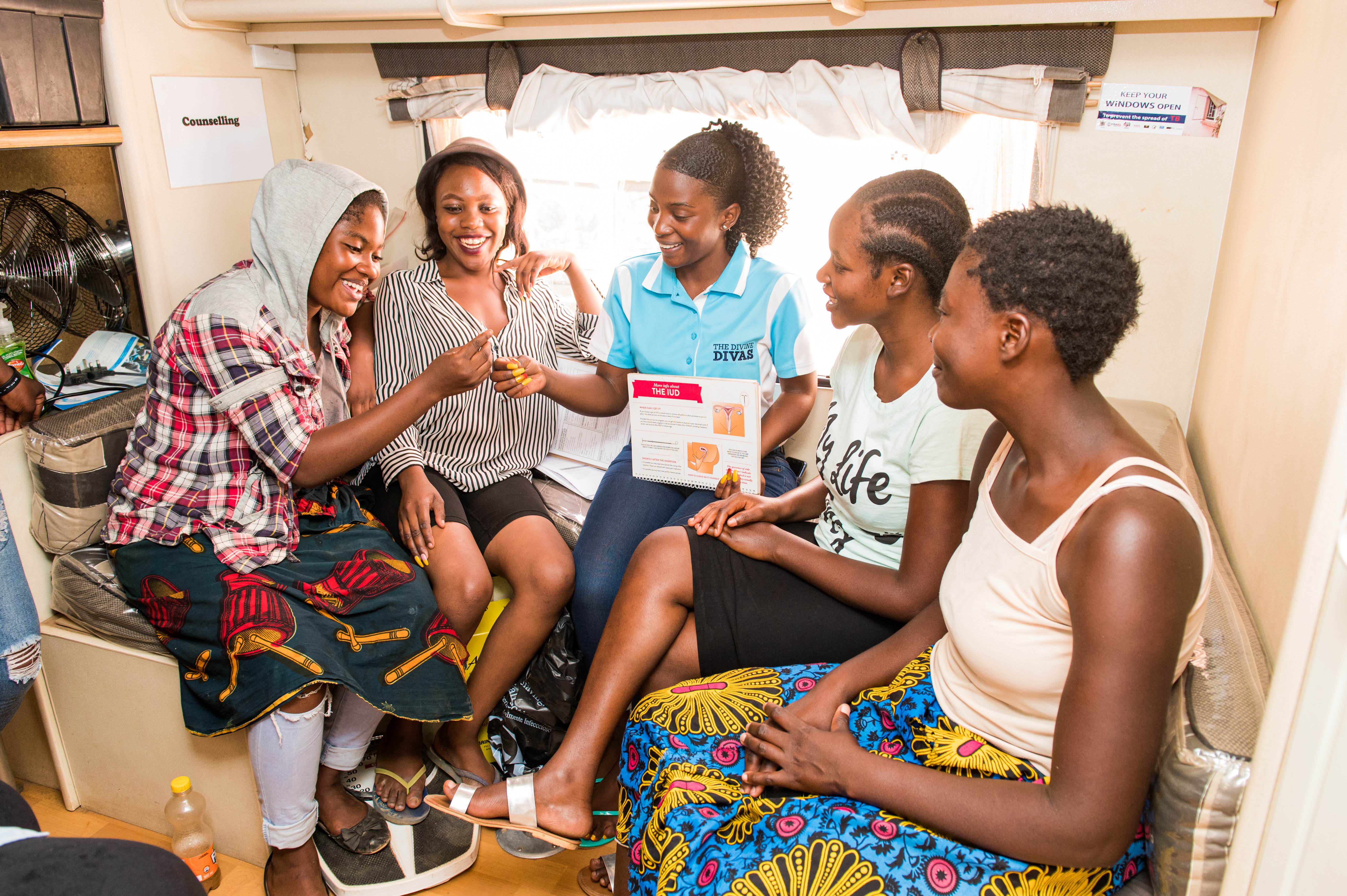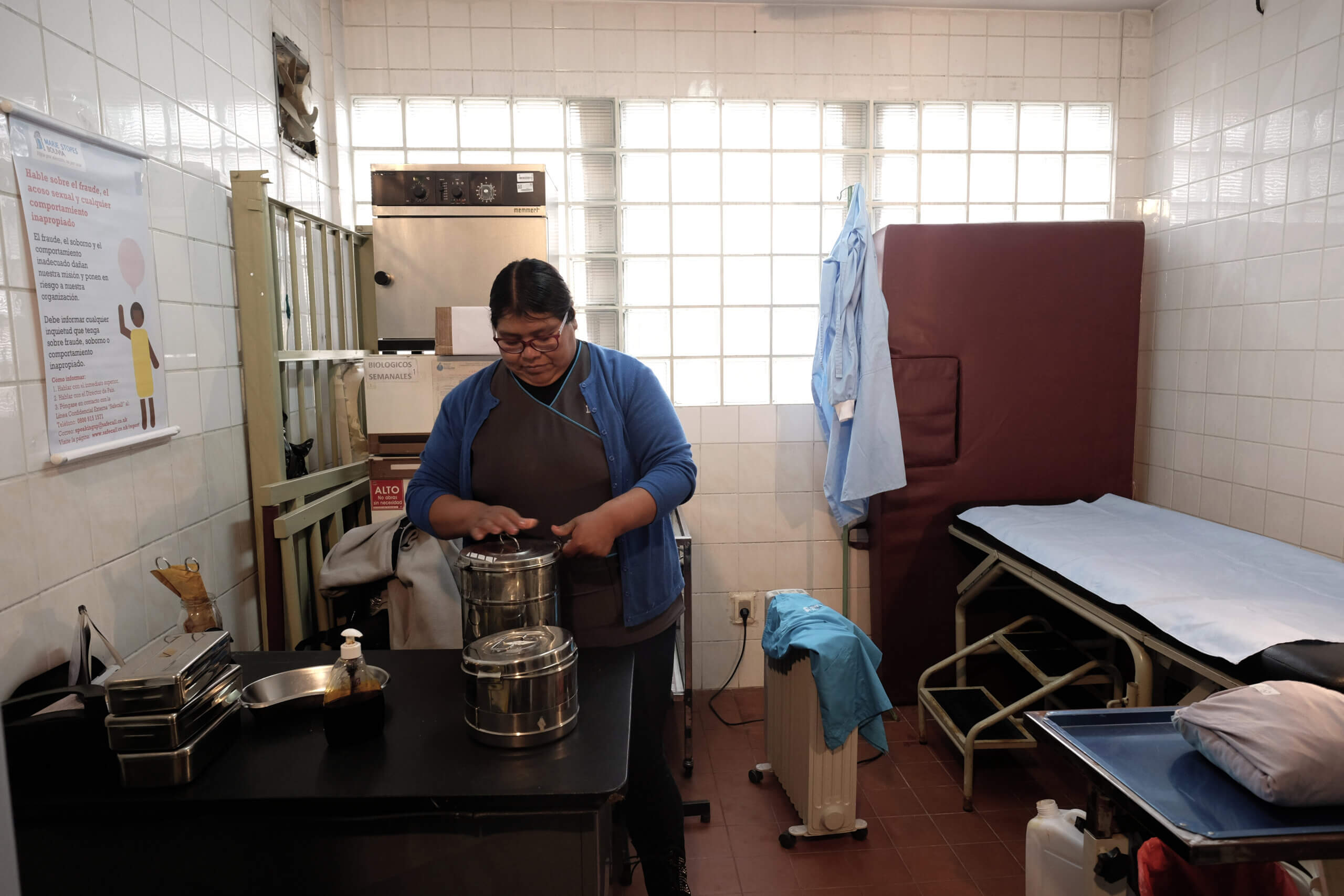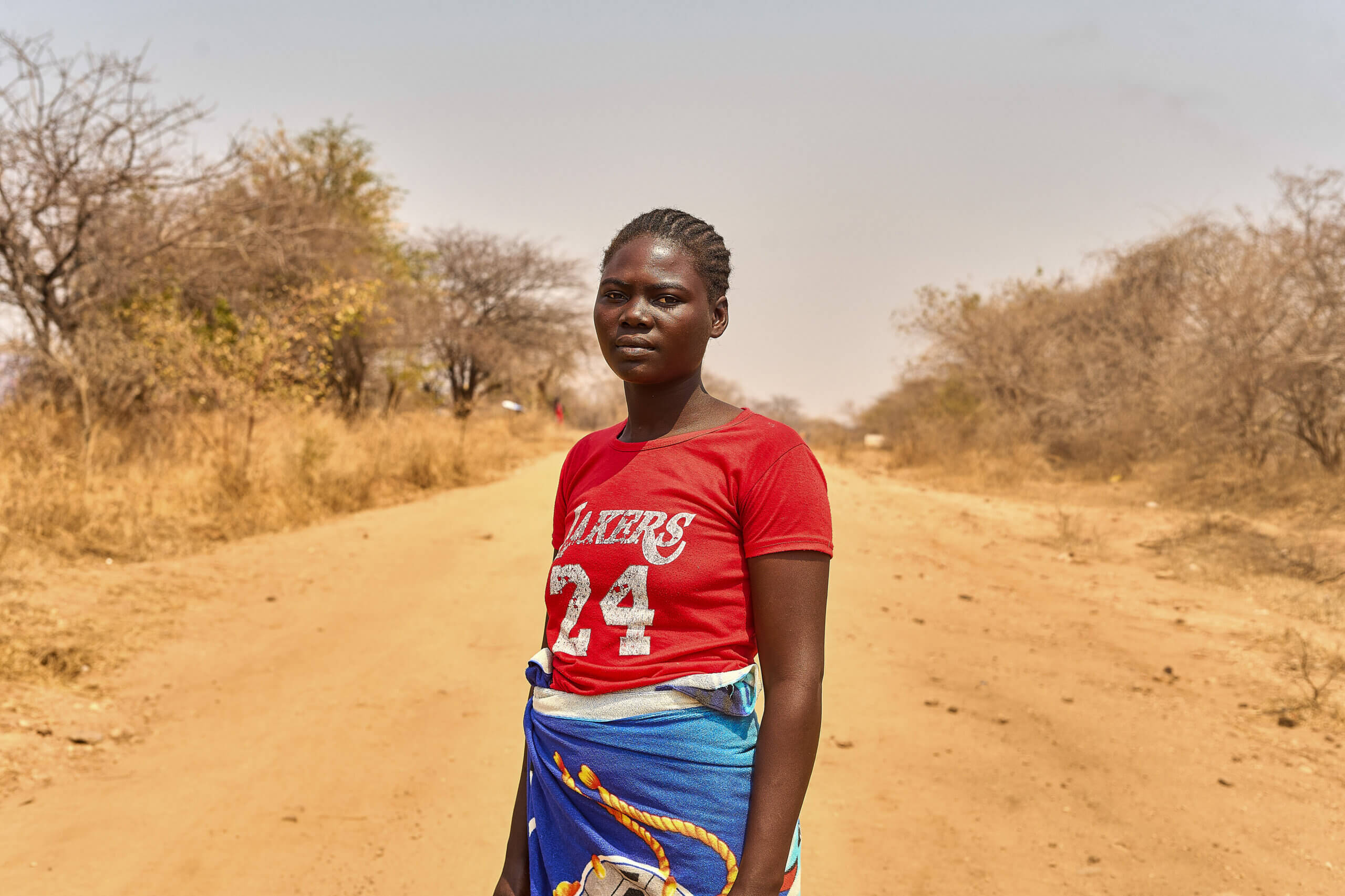How MSI teams navigate climate change
In the face of the climate crisis, women need control of their bodies and futures—but the effects of climate change make it difficult for MSI outreach teams to reach the most remote communities, where few options for reproductive healthcare exist.
In many parts of the world, women are responsible for tending crops and animals, making them especially vulnerable to the frequent and intense seasonal droughts, flash flooding and other effects of climate change.
With so much of their future insecure, women want to control whether and when they have children, so they are more able to adapt to the changes the climate crisis is creating. As a result, we’re seeing increased demand for family planning services. But climate change is making it difficult for MSI outreach teams too.
Flooded roads and destroyed bridges in Zambia
Eunice, a midwife with MSI Zambia, explains, her team faces challenges every day because of climate change. The rainy seasons are becoming more intense, causing bridges to wash away and roads to flood—and making it harder for outreach teams to reach remote areas where women and girls rely on their services.
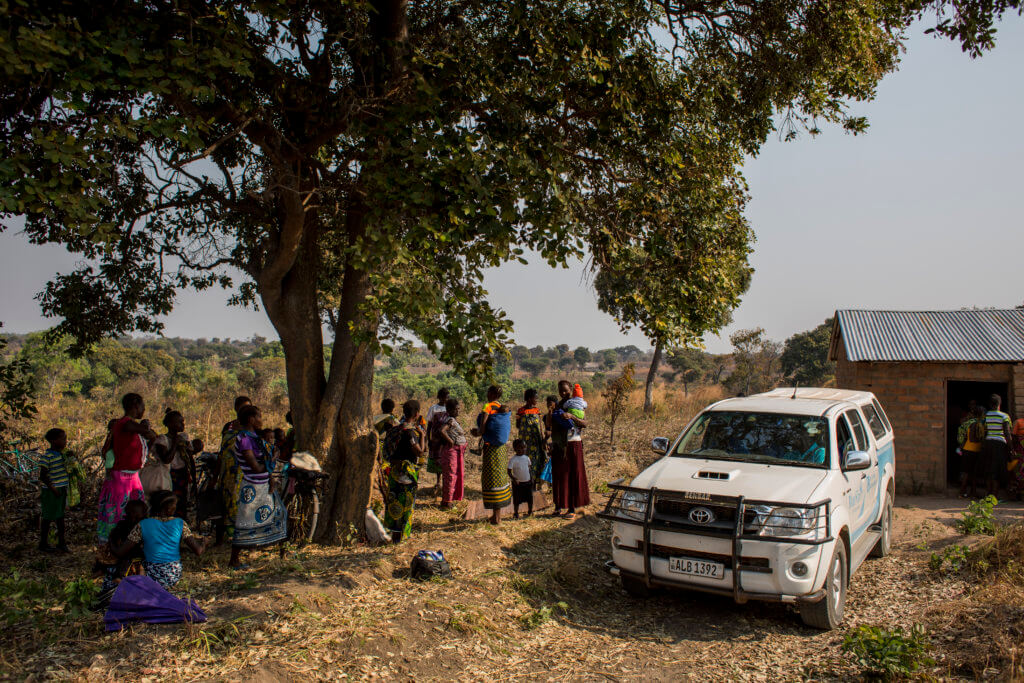
For Eunice and her team, an outreach visit involves packing everything they need for the day. Along with the contraceptives and medical supplies they need for the women waiting for them, they have to pack gasoline, food and water supplies. They often have to travel long distances on roads that make the going slow. It can take hours to reach destinations just 60 miles away. There are no gas stations along the way and roads are often washed out. If they get stuck on flooded roads, they can’t call for help, because there’s no cell service. It’s unlikely anyone will come by in a truck to help them. They have to rely on passers-by to pull them out of the mud. It’s not uncommon to have to ask a local farmer for help from his oxen!
Despite these challenges, Eunice and her team are determined to reach women in need. They know that their services are a lifeline for many who have no other options. When they reach the service delivery points, they’re greeted by hundreds of women, many of whom have walked long distances to get there.
“The impact of our work is evident in the smiles of the women and girls we serve,” Eunice says. Contraception can be life-changing, giving women the power to make choices about their bodies and their futures. For Eunice, it’s a reminder that their work is not just a job, but something extraordinary that saves lives.
Equipment destroyed by severe weather
As natural disasters become more frequent and intense, the work of reaching remote communities becomes more dangerous. The Thyolo outreach team in Malawi saw this first-hand when Tropical Storm Ana struck.
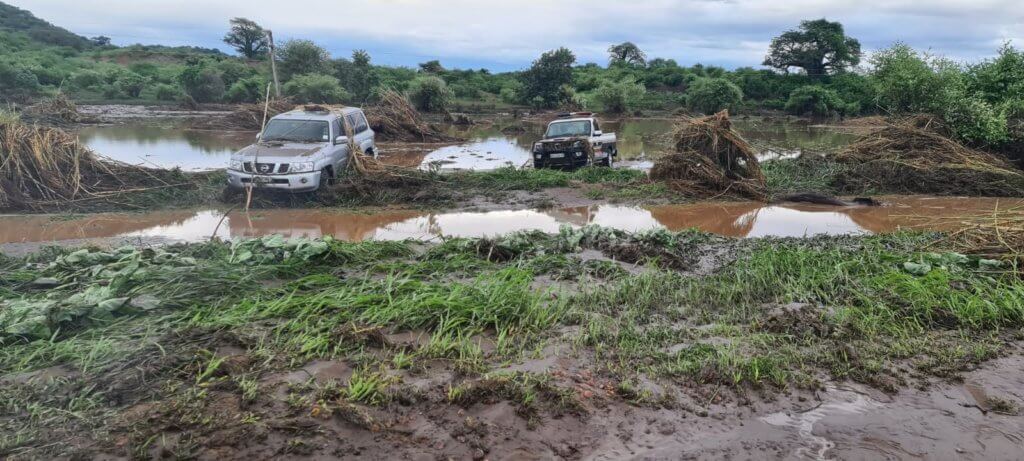
The storm came on suddenly, while the outreach team was driving between sites on dirt roads. A sudden, fast-moving flood swept the vehicle off the road, stranding it deep in a muddy bank. Local villagers hurried to rescue the team members stuck in the car. Fortunately, no one was hurt, but the flood damaged the vehicle and medical equipment inside. As a result, MSI had to suspend outreach services while the team worked to secure new supplies and equipment.
For women in Thyolo, Tropical Storm Ana caused devastating losses. The storm forced many from their homes—and caused them to lose access to reproductive healthcare that would allow them to control their own bodies in a moment of serious insecurity. MSI Malawi began providing contraception at shelters for people displaced by the storm until outreach services could be restored.
The reality is that the climate crisis is making it harder for outreach teams to do their work. Now more than ever, women need the option to control their own bodies and futures—and MSI’s committed teams will overcome any barrier to make sure they have that choice.



